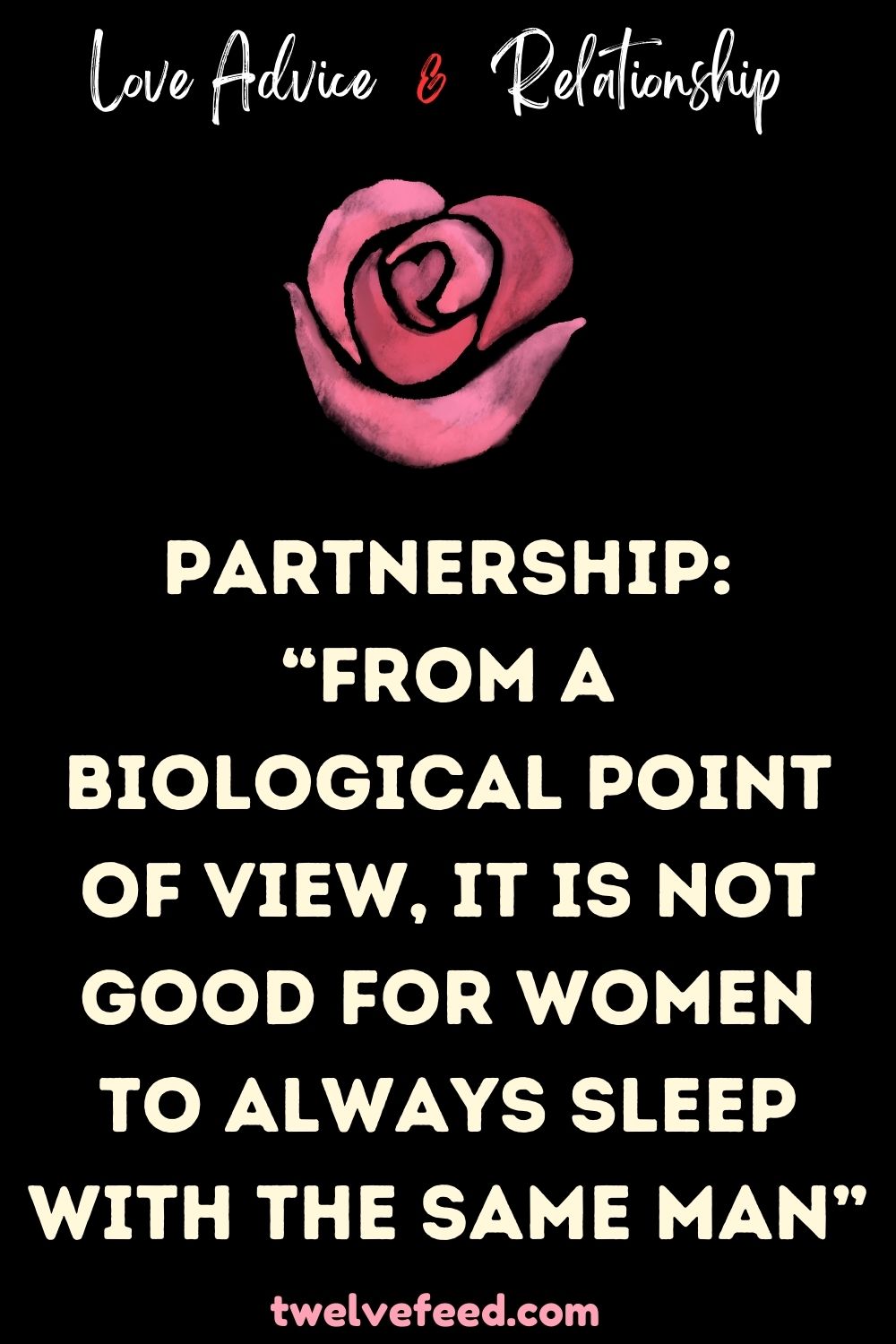Partnership: “From A Biological Point Of View, It Is Not Good For Women To Always Sleep With The Same Man”

In the realm of human relationships, the dynamics between partners have been a subject of fascination, speculation, and often, controversy. Among the myriad theories and beliefs surrounding intimate connections, one notion that has persisted is the idea that women may not be biologically inclined to remain monogamous with a single partner. This notion, often sensationalized and misinterpreted, warrants a closer examination from a biological perspective to understand its validity and implications accurately.
Debunking the Myth: Exploring Evolutionary Biology
Evolutionary Adaptations and Reproductive Strategies
Central to the discussion is the understanding of evolutionary biology and its influence on human behavior. Evolutionary psychologists posit that behaviors, including those related to mate selection and fidelity, are shaped by the process of natural selection, driven by the goal of reproductive success.
Polygamy in Human History
Throughout history, various cultures have embraced polygamous relationships, where individuals may have multiple partners simultaneously. While this practice has been more commonly associated with men, there is evidence to suggest that women have also engaged in polygamous arrangements, particularly in societies where resources and social status play a significant role in mate selection.
The Modern Perspective: Monogamy and Social Constructs
Cultural Influences on Relationship Norms
In contemporary society, the concept of monogamy is deeply ingrained in social norms and expectations. The institution of marriage, often characterized by a commitment to exclusivity between partners, reflects these societal values.
Individual Variability and Relationship Preferences
However, it is essential to recognize that human behavior is incredibly diverse, and individuals may have varied preferences and inclinations regarding relationships. While some individuals may thrive in monogamous partnerships, others may find fulfillment in alternative relationship structures, such as polyamory or open relationships.
Addressing Misconceptions: Female S*xual Desire and Partner Variety
Female S*xual Agency
Contrary to the notion that women are inherently disinclined towards monogamy, research suggests that female s*xual desire is complex and multifaceted. Women possess agency in their s*xual lives and are capable of making choices that align with their desires and values.
Partner Variety and Evolutionary Psychology
From an evolutionary perspective, the idea that women should seek multiple partners for genetic diversity is overly simplistic. While diversity may offer certain advantages in terms of genetic fitness, other factors, such as parental investment and emotional bonding, also play crucial roles in reproductive success.
Conclusion: Embracing Diversity in Human Relationships
In conclusion, the notion that it is biologically disadvantageous for women to sleep with the same partner overlooks the complexity of human behavior and evolutionary dynamics. Human relationships are influenced by a myriad of factors, including biology, culture, and individual preferences. Rather than adhering to rigid stereotypes and assumptions, it is crucial to embrace the diversity of human experiences and respect individuals’ autonomy in navigating their intimate lives.

